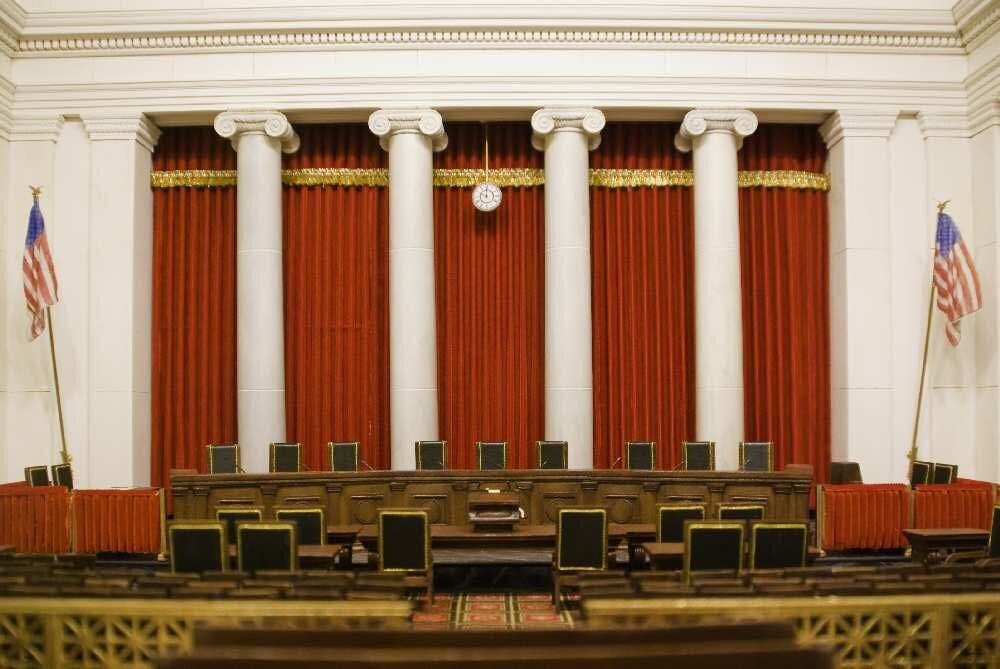
The Supreme Court Rules Against the Defense of Marriage Act
June 26th, 2013From a principled standpoint, marriage is itself a voluntary agreement between free people and shouldn’t be subject to government regulation or licensing in the first place. However, if it’s going to be, which it is, then the process should at least conform to the rule of law, which includes equal protection for everyone regardless of sexual orientation.
One section of the Defense of Marriage Act essentially banned married gay couples from filing as such on their taxes, even when legally married. This created an unequal enforcement of the law that also violated states’ rights to make their own policy on the issue. The Constitution calls for equal protection and does not grant the federal government the authority to license marriage. The Supreme Court made history today by striking down the aforementioned DOMA provision.
America Stands for Equal Protection Under the Law
With more and more states legalizing gay marriage, the Defense of Marriage Act reached a state of dissonance with public sentiment and the rule of law. Same-sex couples were being granted some of the features of marriage enjoyed by straight couples, but not others.
By striking down this section of DOMA, the Supreme Court resolved what would have become a messy dissonance between federal and state marriage policy. It also took a historic step in the direction of tolerance and acceptance of all people, regardless of their sexual orientations.
The Fundamental Flaws of Government-Run Marriage Licensing
The government’s regulation of marriage has essentially only been used to ban certain types of marriages. It also has created unequal tax policy. For example, married couples get tax breaks that single people do not get, which is itself still unfair. Since we live in a world in which marriages are licensed, it’s an improvement for same-sex couples to enjoy the same legal status that heterosexual couples receive.
However, it still leaves inequality in the tax code between married couples and single people. Same-sex marriage is also still illegal in most US states. Clearly, the fastest way to resolve the inequalities around this issue would be to repeal marriage licensing in its entirety, allowing free people to make their own contracts to deal with these types of relationships.
That said, America has not yet embraced the libertarian point of view on that issue, and, until it does, there’s something to be said for making sure the laws that have been passed comport with the rule of law and treat all Americans equally, regardless of their sexual orientation.
For standing up for equal protection, states’ rights, and the freedom of individuals to associate with whomever they want, however they want, the Supreme Court is this week’s Rebel of the Week winner.
Find out where you can see Silver Circle by checking our theater and special screening schedule on our -->event page -->.


